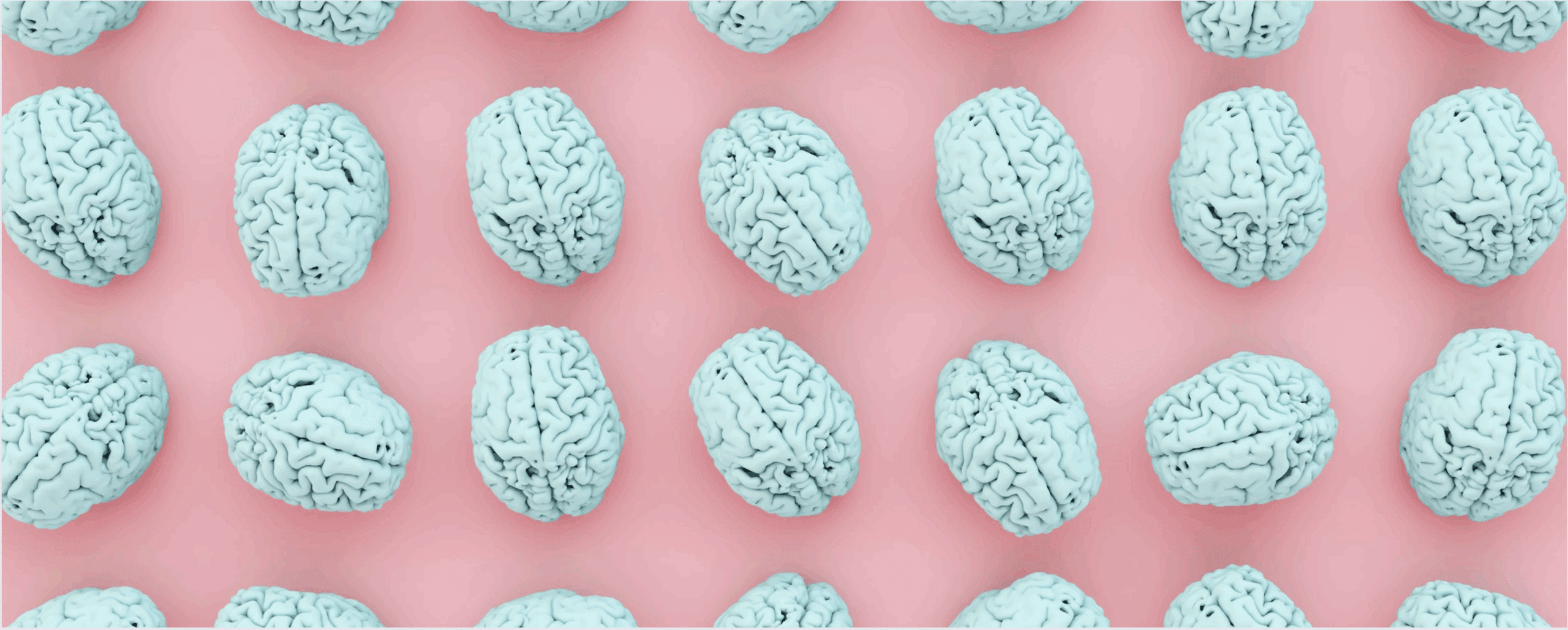Trauma is a deeply distressing or disturbing experience that can cast a shadow over one’s life. It can affect emotional well-being, relationships, and overall quality of life. Whether caused by a single traumatic event or prolonged exposure to negative circumstances, the impact of trauma can last for years. One of the most effective forms of treatment to address the challenges that arise is trauma-informed expressive arts therapy. Creative arts can help relieve traumatic stress, improve someone’s sense of safety, and bolster the trauma-healing process. The mental health professionals at Aliya Health Group can offer trauma-informed care to heal mental illness and improve creative expression.
What Is Expressive Arts Therapy?
Expressive arts therapy is a form of counseling that taps into the creative process to promote healing and emotional well-being. Unlike traditional therapy where talking is the main focus, expressive arts therapy encourages individuals to express themselves through various art forms such as drawing, painting, music, dance, and writing. It’s especially helpful to people who aren’t able to articulate their feelings with words alone.
During sessions, trained professionals called expressive arts therapists guide individuals through the creative process in a supportive and non-judgmental manner. Our therapists follow the best trauma-informed practices for creative arts therapies.
Expressive arts therapy serves a wide range of purposes, including but not limited to:
- Emotional expression: It provides a safe outlet for individuals to express their emotions, thoughts, and experiences, which may be difficult to articulate verbally.
- Self-exploration: Through the process of creating art, individuals can explore and gain insight into their inner world, uncovering subconscious thoughts and feelings.
- Stress release: Engaging in creative activities can help reduce stress and support relaxation by providing a break from the challenges of daily life.
- Healing trauma: Art trauma therapy is helpful with the effects of trauma on the body and mind. It helps people process traumatic experiences, release pent-up emotions, and work toward recovery. After childhood, trauma art activities can help individuals express feelings they may not be able to articulate.
The main goal of expressive arts therapy is to promote self-awareness, personal growth, and emotional healing. Rather than focusing on artistic skill or talent, it’s about the process of creation and self-expression. Individuals are encouraged to explore and experiment with different types of art and techniques to tap into natural creativity and intuition. Through this process, individuals can reconnect with themselves, improve coping skills, and develop a deeper understanding of their emotions and experiences.
Well-Known Expressive Arts Therapists
Cathy Malchiodi, PhD, is a leading pioneer in trauma and expressive arts, integrating art and play into mental health care. As founder of the Trauma‑Informed Practices and Expressive Arts Therapy Institute, Dr. Malchiodi develops programs where therapists apply expressive arts and creative interventions—including play therapy—in treatment centers to support trauma recovery. Her seminal work, Trauma and Expressive Arts Therapy: Brain, Body, and Imagination in the Healing Process, highlights the role of imagination in the healing process and describes practices and expressive arts that reconnect the brain, body, and imagination for those affected by psychological trauma. Through trauma and expressive arts, Dr. Malchiodi demonstrates how sensory‑based, nonverbal methods strengthen somatic regulation and resilience, showing precisely how expressive arts therapy brain-body interaction fosters recovery. Her work exemplifies the powerful alliance of imagination in the healing, creative interventions, and the use of art and play to transform trauma into growth.
Get confidential help from our addiction and mental health treatment facilities located across the United States. Call to join one of our quality programs today!
Speak With Our Admissions TeamWhat Is Trauma-Informed Expressive Art Therapy?
Trauma-informed expressive art therapy is focused specifically on trauma. This therapeutic approach recognizes the profound impact of trauma on individuals’ lives, including:
- Generational trauma passed down through families
- Childhood trauma experienced during formative years
- Family trauma that affects relationships and dynamics
- Post-traumatic stress disorder, experienced by veterans and many others
Trauma-informed art therapy acknowledges the interconnected nature of trauma and its effects on the body, mind, and spirit. By combining art with a therapeutic process, survivors have a non-verbal way of dealing with traumatic experiences. They can explore their emotions, memories, and reactions to trauma in a way that feels comfortable and empowering.
When taking part in trauma-healing art activities, individuals can bring their internal struggles outward and gain insight into their experiences. Often, the physical sensations, emotional responses, and inaccurate perceptions associated with trauma will bubble up. Meanwhile, the therapist works to build trust with the individual by demonstrating empathy, compassion, and a non-judgmental attitude.
What Are the Different Art Therapy Activities for Trauma?
Art therapy activities for trauma can be tailored to personal preferences and needs. Some of the different types of art commonly used in trauma treatment include:
- Visual Arts Therapy: Activities like painting, drawing, and sculpture allow individuals to create tangible representations of their inner world. For example, individuals can create a “safe place” collage using magazine cutouts to represent feelings of safety and security.
- Music Therapy: Music can encourage emotional expression and relaxation. Activities may include listening to music, playing instruments, or composing songs. A simple exercise is to create a playlist of songs that evoke different emotions and reflect on how each song makes you feel.
- Drama Therapy: Drama therapy uses role-playing, improvisation, and storytelling to explore and process trauma. Participants may reenact traumatic events or create alternative endings to past experiences. In a group setting, individuals can take turns sharing a brief scene from their trauma narrative and explore different ways to rewrite the script.
- Dance/Movement Therapy: Dance/movement therapy involves using movement and dance to help with self-expression. Activities may include guided movement exercises, dance improvisation, or expressive movement sequences. An example exercise is to use a piece of music to guide a movement exploration, focusing on how different movements relate to different emotions.
- Creative Writing Therapy: Creative writing therapy allows individuals to express themselves through writing, poetry, and storytelling. Activities may include journaling, free writing, or guided writing prompts. A group exercise is to create a collective poem or story where each participant contributes a line or paragraph based on a shared theme or prompt.
- Journaling: Journaling is a form of self-expression that can be done individually or in a group setting. Individuals can write about their thoughts, feelings, and experiences related to trauma, using prompts or freewriting to guide their reflections. An example prompt is to write a letter to your younger self, offering words of comfort and encouragement.
Looking for quality treatment for substance abuse and mental health that’s also affordable? Aliya Health Group's treatment facilities accept most major insurance providers. Get a free insurance benefits check now!
Check Your CoverageWhat Other Trauma Treatment Options Are There?
In addition to trauma-informed expressive arts therapy, there are several evidence-based treatment options available. These treatments are grounded in research and are effective in addressing the symptoms and underlying causes of trauma. Let’s explore some of these options:
- Cognitive-Behavioral Therapy (CBT): CBT is a widely used therapeutic approach that helps individuals identify and challenge negative thought patterns and behaviors associated with trauma. Through structured sessions, individuals learn coping skills to manage distressing symptoms and improve their overall well-being.
- Eye Movement Desensitization and Reprocessing (EMDR): EMDR is a specialized form of therapy that helps individuals process traumatic memories by stimulating bilateral brain activity through eye movements, taps, or sounds. This helps individuals reprocess traumatic experiences, reducing their emotional intensity and negative impact.
- Trauma-Focused Cognitive Behavioral Therapy (TF-CBT): TF-CBT is specifically designed for children and adolescents who have experienced trauma. It integrates elements of CBT with trauma-focused interventions to help young individuals process their experiences, regulate their emotions, and develop coping skills.
- Mindfulness-Based Interventions: Mindfulness practices such as meditation, yoga, and breathing exercises can help individuals cultivate present-moment awareness and self-compassion. More relaxation and less stress are helpful in the face of trauma.
- Psychodynamic Therapy: Psychodynamic therapy explores the unconscious patterns and conflicts that contribute to trauma-related symptoms. By examining past experiences and relationships, individuals can gain insight into their present difficulties.
- Medication: In some cases, medication may be prescribed to decrease symptoms of trauma such as depression, anxiety, or sleep disturbances. Antidepressants, anti-anxiety medications, and mood stabilizers are commonly used to manage these symptoms and improve overall functioning.
It’s important to note that not all treatments may be suitable for every individual, and a personalized approach is often necessary to address the unique needs and preferences of each person. Additionally, therapy may be provided in individual, group, or family settings, depending on the nature and context of the trauma.
Expressive Arts Therapy for Trauma at Aliya Health Group
Trauma-informed expressive arts therapy is just one piece of the larger puzzle of trauma treatment. At Aliya Health Group, we provide specialized trauma-informed care that addresses all of the comorbid issues clients bring with them into rehab. Depending on your specific needs, we will work with you to create a personalized treatment plan that includes trauma-focused approaches and treatment for co-occurring mental health disorders.
This personalized, trauma-informed approach is provided in a safe and supportive atmosphere found in our treatment facilities. Here, you can heal from your experiences surrounded by compassionate, empathetic clinicians. Through our evidence-based therapies and customized treatment plans, we strive to help you overcome any obstacles and improve your overall well-being.
Ultimately, the journey toward healing from trauma is not a one-way street. Whether you’re a trauma survivor embarking on your healing journey or the loved one of someone who is, we can help you rebuild your life and thrive in the aftermath of difficult experiences. Contact us today to learn more about our programs.

















